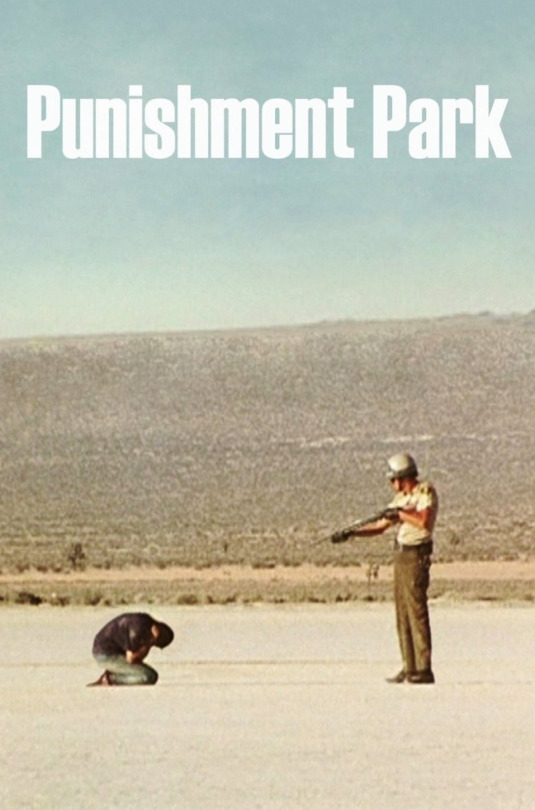#peter watkins
Explore tagged Tumblr posts
Text

Punishment Park (1971), dir. Peter Watkins
90 notes
·
View notes
Text

#polls#movies#punishment park#punishment park 1971#punishment park movie#70s movies#peter watkins#carmen argenziano#kent foreman#luke johnson#katherine quittner#scott turner#requested#have you seen this movie poll
47 notes
·
View notes
Text








Edvard Munch (1974), except if I’m being honest, I spent at least fifty percent of the time watching this film thinking of Teddy Kent, because to me this would have been a perfect cast circa the EQ era… but more than that, I was also thinking about how far a tinnnny bit of Edvard’s depth would have gone for Teddy as a character. This film itself is an expressionistic masterpiece, criminally under-seen. An immediate favourite.
#link is in english!#edvard munch#teddy kent (kind of)#this movie is soooo good#recommended to literally everyone#peter watkins
21 notes
·
View notes
Text

Happy 89th, Peter Watkins.
9 notes
·
View notes
Text


La Commune (Paris, 1871), dir. Peter Watkins (2000)
41 notes
·
View notes
Text

Punishment Park (1971) dir. Peter Watkins
5 notes
·
View notes
Text

Peter Watkins - La comuna
17 notes
·
View notes
Text






Privilege (1967) Peter Watkins
January 12th 2025
#privilege#1967#peter watkins#paul jones#jean shrimpton#mark london#william job#jeremy child#max bacon
5 notes
·
View notes
Text


La commune (Paris, 1871), Peter Watkins (2000)
4 notes
·
View notes
Text










Privilege (Peter Watkins, 1967).
2 notes
·
View notes
Text
Punishment Park (1971), dir. Peter Watkins
22 notes
·
View notes
Text

The War Game, 1966.
5 notes
·
View notes
Text


Edvard Munch (1974) - Peter Watkins
4 notes
·
View notes
Text
Just a quick reminder that Edward Munch(1974) is indeed a real film!! It exists! And you’d do yourself a huge favor by watching it!!!






1 note
·
View note
Text
Waking up crying because I remember that we never got a Rosa Luxemburg biopic directed by Peter Watkins.
0 notes
Text
Privilege (1967)
I’m sure the millions of dollars help ease the tension a little, but being a popstar really does sound miserable. Between recent reports of Ice Spice twerking with joyless dead-eyed monotony, Taylor Swift cancelling tours dates under credible terrorist threats, and Chappell Roan tearfully begging her own fans to back the fuck off and let her breathe a little, it appears that the all the Pop…

View On WordPress
#beatlemania#brandon ledet#dystopia#jean shrimpton#manfred mann#mockumentary#paul jones#peter watkins#pop music#privilege#reviews
1 note
·
View note